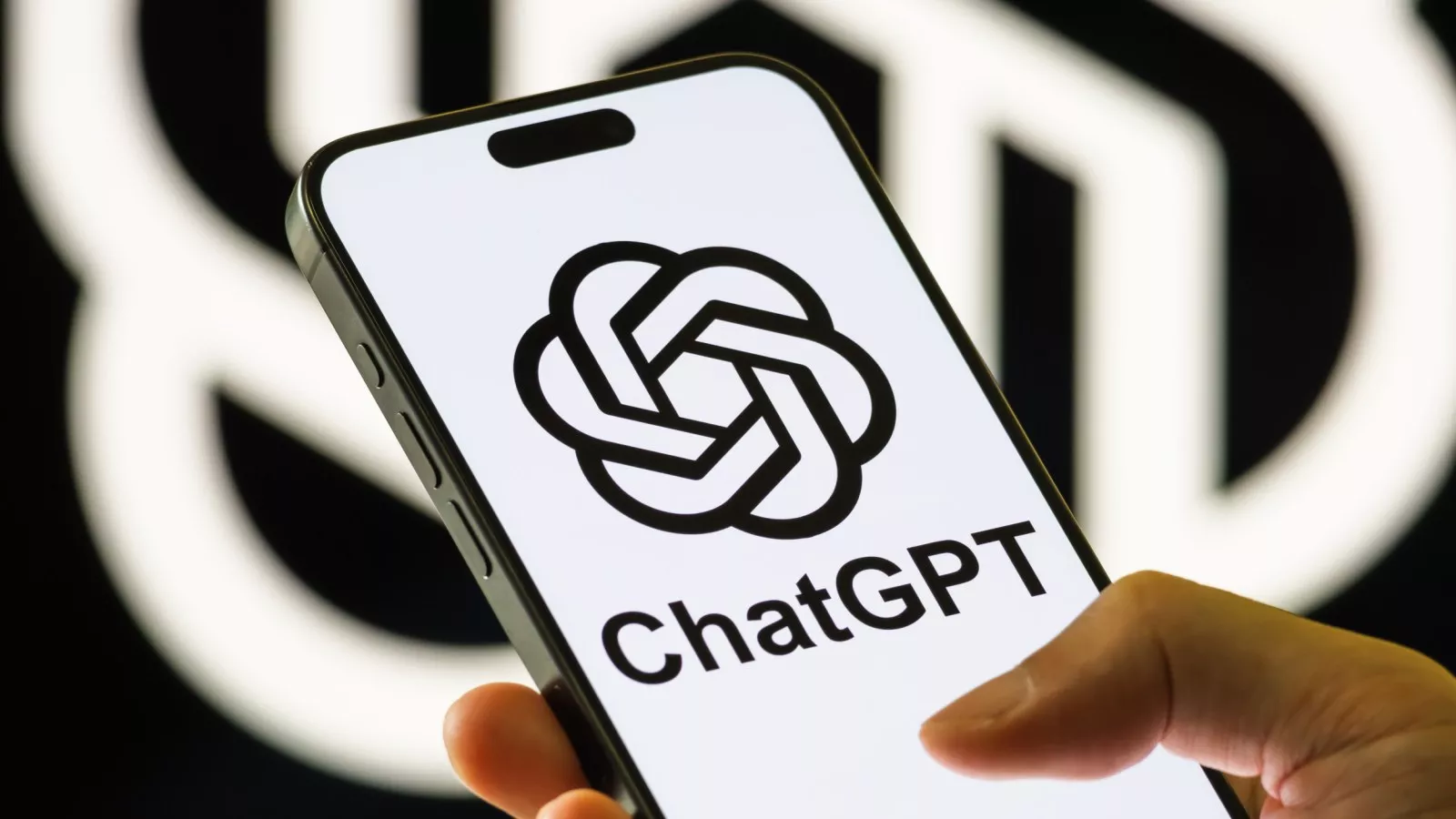How ChatGPT is transforming modern classroom

GH News Media

In just a few years, artificial intelligence has moved from the realm of science fiction into the hands of students and teachers worldwide. Among the most transformative tools is ChatGPT, a generative AI model capable of producing human-like responses, assisting with writing, problem-solving, and even personalised learning. Yet, beyond the hype, its integration into the classroom raises a crucial question: how can educators and students balance innovation with integrity?
This article explores the challenges and opportunities that ChatGPT and similar tools bring to modern education, especially regarding ethical use, personalised tutoring, and the transformation of traditional assignments.
1. The Promise of Generative AI in Education
ChatGPT represents a new era of learning support. For many students, it serves as a digital tutor, providing explanations, feedback, and examples at any hour. Learners who struggle with specific concepts can engage in conversational learning, asking follow-up questions until they grasp a topic.
Educators also benefit from AI by automating routine tasks such as grading drafts, generating quiz questions, or preparing lesson outlines. In classrooms where resources are limited, AI tools can help bridge the gap between student needs and teacher capacity.
Read Also: Ghana's nursing conundrum: Politics over practicality
Moreover, ChatGPT offers inclusive learning opportunities. Students with disabilities, language barriers, or differing learning styles can receive personalised assistance—something that traditional teaching methods often struggle to provide consistently.
2. The Challenge of Ethical Use
While the benefits are clear, the ethical implications are just as significant. One of the biggest challenges educators face is academic integrity. With ChatGPT capable of writing essays, solving maths problems, and generating entire projects, distinguishing between a student’s original work and AI-generated content becomes difficult.
This raises questions about authorship and honesty. Should students be penalised for using ChatGPT to draft ideas? Or should the focus shift to how they use the tool responsibly, acknowledging AI as a collaborator rather than a ghostwriter?
Read Also: Ghana raises cocoa price to GH₵3,625 per bag for 2025/26
Furthermore, bias and misinformation are persistent concerns. ChatGPT’s responses depend on patterns from data it was trained on, which can sometimes reflect cultural, social, or gender biases. Inaccurate information, presented confidently, may mislead students who rely on AI without verifying its outputs.
To address these ethical dilemmas, educators are now developing AI-use guidelines, teaching students how to cite AI tools, cross-check information, and understand the limitations of technology. Ethical literacy is becoming as important as digital literacy in the AI-driven classroom.
3. Personalised Tutoring and the Shift Toward Adaptive Learning
One of the greatest opportunities ChatGPT brings is the personalisation of education. Traditional classrooms often struggle with a one-size-fits-all approach. With AI, students can receive individualised explanations tailored to their pace and interests.
For instance, a student who finds mathematics challenging can ask ChatGPT to break down concepts into simpler steps or offer real-world examples. Similarly, students learning a new language can practise conversations with the AI, receiving instant corrections and suggestions.
Read Also: Ghana Armed Forces to recruit 12,000 soldiers by 2028
This adaptive learning environment helps teachers focus on higher-order skills like critical thinking, creativity, and collaboration while AI handles routine guidance. In essence, ChatGPT acts as a learning assistant, not a replacement for educators.
However, this personalisation must come with data privacy safeguards. Students’ interactions with AI often involve sharing personal or academic information. Schools and tech providers must ensure these tools comply with data protection laws and maintain student confidentiality.
4. Redefining Traditional Assignments
Perhaps the most visible impact of ChatGPT is on assessment and assignments. Essays, reports, and take-home projects—once reliable measures of understanding—are now easily supplemented or replaced by AI assistance.
This disruption has forced educators to rethink how learning is evaluated. Instead of merely testing a student’s ability to produce written content, teachers are moving toward process-based assessments evaluating idea development, in-class collaboration, and oral defences of written work.
Some institutions are adopting AI-integrated assignments, where students must demonstrate how they used ChatGPT as part of their research or brainstorming process. This approach encourages transparency while emphasising critical engagement over passive use.
The classroom is, therefore, evolving from a place of memorisation to a hub of creativity and inquiry, where students learn how to question, verify, and improve upon AI-generated content.
5. The Way Forward: Collaboration, Not Competition
Ultimately, the rise of ChatGPT should not be seen as a threat but as an invitation to rethink education. The real value lies not in banning AI but in teaching responsible use. Schools that integrate AI literacy into their curriculum prepare students for a future where human intelligence and machine intelligence coexist.
Teachers must embrace their evolving roles from sole knowledge providers to facilitators of learning experiences. Likewise, students must learn that tools like ChatGPT are powerful aids, but true mastery lies in understanding, critical thinking, and creativity.



